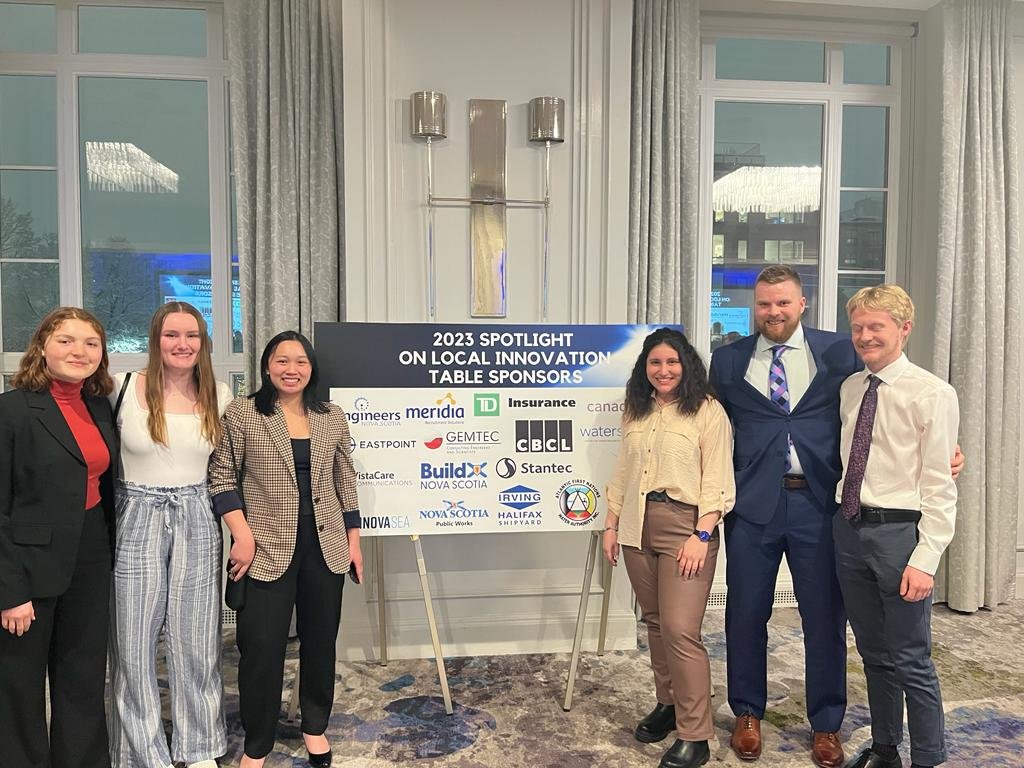The Student Affairs Committee
The Student Affairs Committee
By: Cameron Archibald
Have you ever wanted a professor to just cancel a test, or wish the school could give you an extra GPA point? The student affairs committee can help! … Just joking, unfortunately we are not magicians, but we do our best.
The student affairs committee (SAC) represents both first- and second-year engineering students with their academic concerns. Engineering is enough of a challenge already, and sometimes professors make decisions which make our lives unnecessarily difficult. By addressing students’ comments, SAC attempts to improve the courses for everyone’s benefit. We also try to create an open dialogue between faculty and students, enabling communication as peers rather than as superiors.
The committee’s most critical members are its representatives, known as SAC reps. Our group has 8 first-years, and 6 second-years, one from each discipline. They are well known by the student body and are often depended on by students as a safe person to talk to about their issues. They gather comments, whether positive or negative, from the broader student body. Getting many opinions is essential in forming unbiased comments about courses. These comments are next brought up at biweekly meetings where we discuss and attempt to find solutions. We find the issues that have come up frequently and that need addressing urgently.
One may ask how this is any different than simply complaining to the professor directly? Our two most valuable resources that set SAC apart are the student engagement coordinator Karyn Hemsworth and the director of the core division Dr. Jarjoura. They are far more effective in getting a professor to change their mind than any student could be. Their connections also provide more opportunity for escalation; the associate dean is often involved in our conversations. The reps are also called upon to bring up smaller issues, helping connect faculty and students who often operate in very different worlds.
Being a very diverse group, the student affairs committee has many beneficiaries. Most importantly are the students we represent, especially those who can’t speak up. Many students would understandably be uncomfortable complaining to their professor, but providing a safe place to speak, with the option to be anonymous, makes their opinions heard. The professors also benefit; most take it kindly and would agree that feedback is an essential component to becoming a better instructor. Finally, the representatives themselves often derive many benefits. Being well known to your peers and professors is a massive advantage. SAC also acts as a stepping stone to student government, many reps enjoy the leadership aspects and go on to become members of DES and beyond. The connections made could be considered equally as valuable as any coursework. For example, some SAC reps were recently selected to attend the Engineers Nova Scotia Spotlight Dinner, a great chance for professional development.
With all the discussion on the benefits, it must be asked: is SAC effective? What comes to mind is the saying “You can lead a horse to water, but you can’t make it drink”. While we can do our best to make professors aware of our thoughts, it is ultimately in their hands to change anything. Sometimes their reasoning is clear to them but unclear to the students, and not everything can be fixed. Although the faculty is the ultimate decider, no changes will be made without them being aware of the impact on the student body, a task that is taken very seriously by SAC and its representatives.

